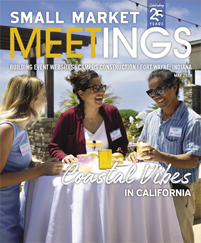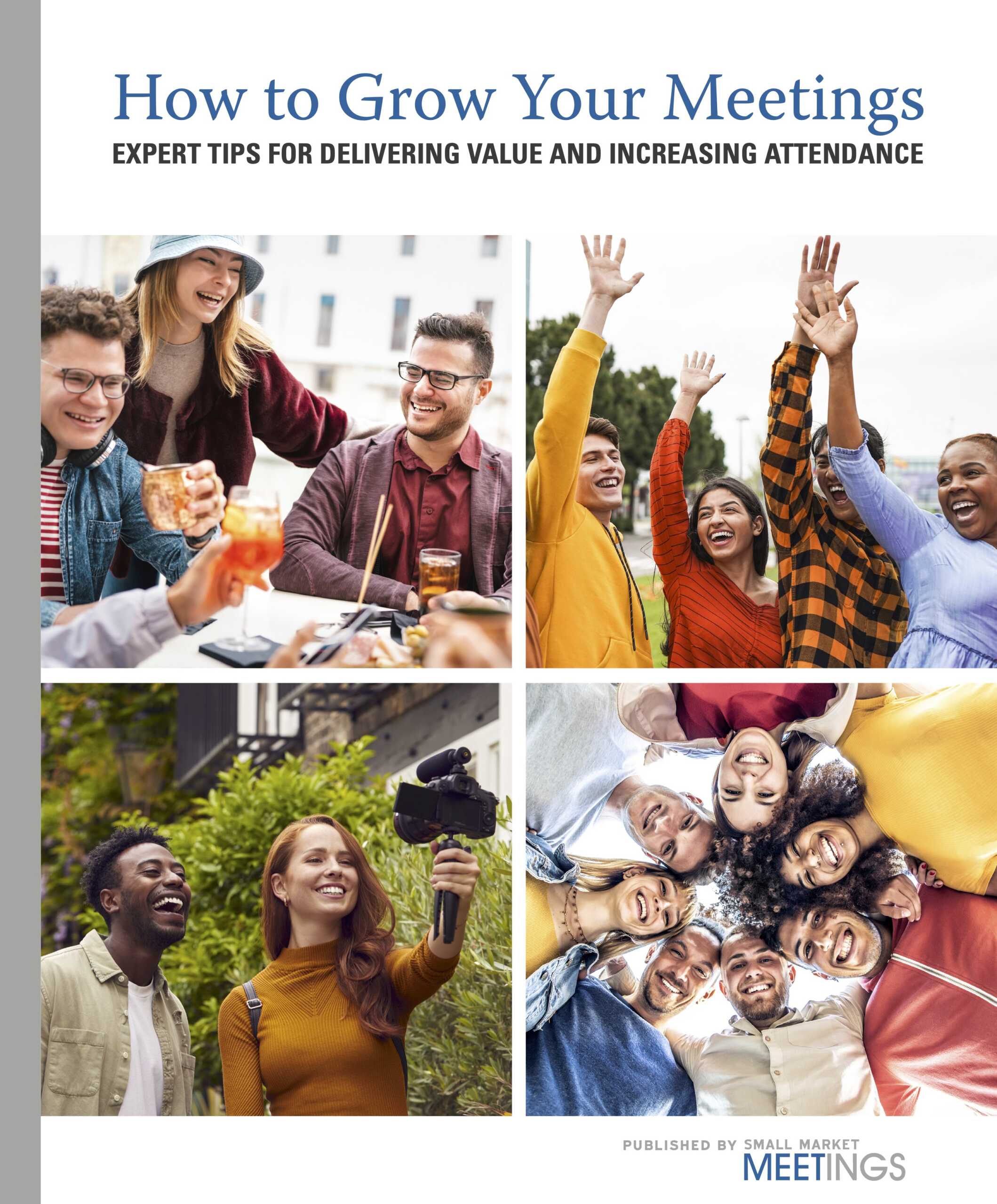A recent study on business travel’s impact on the bottom line is an important tool for meeting planners, says a staff member for Meeting Professionals International.
The “Return on Investment of U.S. Business Travel” was released in September by the U.S. Travel Association. The research was done by Oxford Economics.
“What I really like is that it took what those of us in this business know to be true and instinctively feel and based it on data — data driven by a complex methodology,” said Vicki Howerton, MPI’s vice president, knowledge.
“It is a very validated, hard numbers look at what travel and meetings do for a company. This was a time and place where this data was needed, and I think you will see more of it.”
Based on surveys of executives and planners and analysis of 13 years worth of data from 14 business sectors, the study’s multi-layered approach adds credibility, said Howerton.
It comes at a time when business travel and meetings are facing increased scrutiny because of a lagging economy and recent stories about the amount of money some troubled financial institutions have spent on meetings.
The report can help meeting planners convince decision makers that meetings are vital to an organization’s success, Howerton said. The report showed that for every $1 spent on business travel, companies average $12.50 in increased revenue and $3.80 in new profits.
“The findings give meeting professionals the opportunity to talk [to decision makers] and say there will be a potential loss of profits if we cut too deep,” she said.
While it isn’t likely meeting planners will share the lengthy and detailed document with the executive suite, they can pull nuggets of enlightening information from this and other studies that will help them “start to make the business case,” Howerton said.
One resource for planners is the education section of MPI’s Web site (mpiweb.org) where the Oxford Economics research and other studies are posted.
Among them are Future Watch, an annual report on meeting trends and developments produced by MPI and American Express; EventView, a study of event marketing co-sponsored by MPI; and the Canadian Economic Impact Study, a study of meeting expenditures and benefits in Canada.
One interesting point the Oxford Economics study made was that despite being a fraction of most company budgets, business travel is typically first in line for the budgetary chopping block.
“It is harder to cut in other areas,” said Howerton. “You have to think long and hard to make organizational changes that will make a [financial] impact. Business travel is an obvious line item — people think, ‘this is no big deal, people will just stay at home and work more.’”
Yet, the majority of the 300 business executives polled in the study said they thought business travel was critical to their organization’s success.
“I was surprised by how many executives absolutely believe that meetings drive profits but still made the decision to make those cuts,” Howerton said. That revelation made her believe that decision-making was fueled in part by recent public criticism regarding business travel expenditures.
Although Howerton had little doubt that meetings and business travel have major impact on a company’s success, even she was surprised by the numbers.
“To see it in black and white and to see it in such big numbers, it was pretty staggering.”
For more information about the study, visit www.meetingsmeanbusiness.com/value-meetings.











